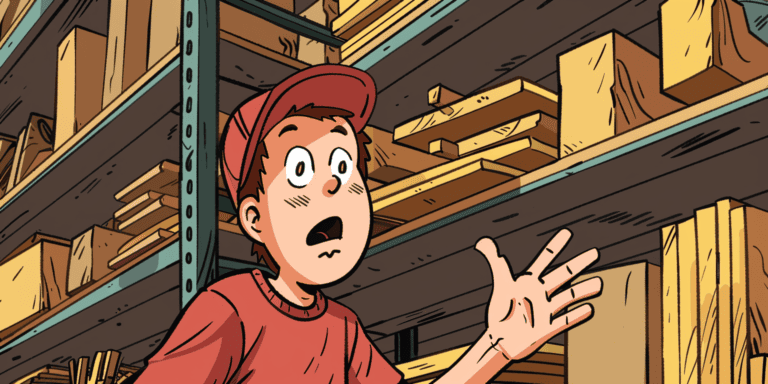SUBMITTED BY DAVID ISRAELSON.
OPINION
The Lake Report’s editorial on Feb. 21, 2019, “Stop Spending Bad Money”, dealing with Niagara-on-the-Lake’s heritage designation is one of the most disappointing pieces of opinion writing I have read.
The argument seems to go like this:
Developer wants to build something that a large number of residents do not want and believe will damage their town.
The town attaches historical significance to the property and the developer is mounting a legal challenge.
Simply because the developer is challenging this, the town should, as you put it, “back down”, because fighting this costs money. The developer will also “sue” for court costs.
There are many reasons why this argument is particularly poorly thought out. Here is how this “reasoning” — and I use this term ironically in this case — would work in other situations:
A man comes to your door and says that he owns your house and you must get out. He does not own your house but says he will get a lawyer, will take you to court and demand court costs. By the Lake Report’s reasoning, it could cost a lot to disagree, so you should leave.
The Leafs are scheduled to play Tampa. Tampa is higher in the standings and might win. By the Lake Report’s reasoning, the Leafs should forfeit the game rather than take to the ice.
The editorial is based on a number of faulty or misleading premises. Let’s start with the issue of court costs.
It sounds like the Lake Report is unaware that court costs are always awarded in any civil case, either to one side, the other, or a combination of both. Typically the losing party pays. No one “sues” for costs.
After a hearing, either party might ask the tribunal that hears the case to vary the standard cost award, but there must be exceptional circumstances. A town defending a rich developer’s challenge to a democratically-decided heritage designation would not be exceptional. It is what elected councils are expected to do by the voters who put them there.
Next, let’s take the premise that our town’s legal battles “don’t bear much prospect of victory.”
On what is this based? That the other side has hired lawyers? The Lake Report does not appear to understand the nature of administrative law decisions and the considerations that go into them.
Again, by this reasoning, we should never take anyone to court for any transgression, because they might show up with a lawyer.
Third, the Lake Report says that “it’s looking very much like municipal elections won’t be the same next time around anyway.” Who says so?
The Lake Report already published a previous — and also deeply flawed — analysis of possible amalgamation in this region. I did not find a single reliable source mentioned in that article. The writer has confirmed that the story is based on “number of sources who wouldn’t go on the record, combined with intuition and common sense.”
This is not common sense. It is innuendo. Sometimes there are circumstances where protecting sources is necessary — if they are whistleblowers, for example. This was not one of them. There was no reason for unsourced material of this kind in your article about amalgamation.
Is it true? Who knows? If this is what Lake Report stories are based on, why should anyone believe anything we read in the Lake Report?
The Lake Report also says that “it’s a safe bet other developers are impacted by the town’s actions too.” Says who?
Even if the others are affected, judging by the turnout at numerous community meetings and protests, and the municipal election results, most residents might think it’s a good thing if the rich heritage of Niagara-on-the-Lake is protected, rather than chopped down by developers.
It also doesn’t make sense to decry as “political’ a decision by elected officials to carry out their legal obligations to act in the interest of the people they serve. Indeed, Council might be liable were they to not defend a decision which a developer is attacking a council decision, in what appears to be a frivolous administrative challenge based entirely on the developer’s self-interest.
It is disappointing to see a publication with such promise as the Lake Report be sullied by such pointless and ill-informed material. I hope we are not seeing a pattern.
Because really, we can do better.
Editor’s note: David Israelson is a Niagara-on-the-Lake resident and member of the Town’s Urban Design Committee.









